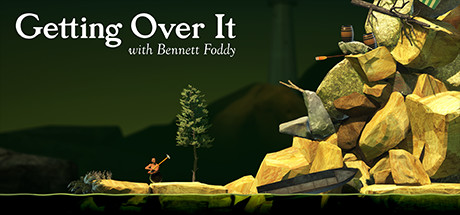Incremental Progress
They say we seek in our escapism what we miss in our normal life. It’s helpful to keep this in mind when your tastes change and you find yourself drawn to something new, as it can reveal things you didn’t even realize were bothering you, and point to what you most need to fix.
For example…
For me, the start of 2025 was a stressful and unpredictable time. Without getting too into-the-weeds on my personal situation: I was working toward a very important life-changing goal and knew roughly what I needed to do, but it was something I’d never done before and a lot of the particulars were outside my control. There were significant aspects of it where I just had to wait and hope. (Everything has turned out fine so far, by the way, and I am in a much less stressful place now.)
At the same time, I suddenly found myself drawn to incremental games more than ever before. Sometimes also called “idle games” or “clicker games”, these are games where the central mechanic is Number Go Up. Typically, you accumulate a resource by clicking, and then spend that resource on various ways to make Number Go Up faster, such as increasing the amount of resource rewarded by each click or making it so that the resource is also accumulated passively over time. A ton of games have built on this basic formula in a lot of varied and interesting ways, but that’s the heart of the genre.
That means these games are more directly about progress itself than most games (heck, the generally-accepted “first” incremental game is called “Progress Quest”). And that progress is clear (you can see Number and watch how fast it Go Up), player-driven (it’s your own actions or choices that make Number Go Up), and inevitable (there’s some challenge to figuring out the best sequence of actions to make Number Go Up as fast as possible, but as long as you keep doing things Number will Go Up).
In thinking about this, I am reminded of Bennett Foddy’s introduction to Getting Over It, in which he contrasts his game to ones that are “empowering” and “inch you steadily forward”. And while there is definitely a place for games that reject that paradigm, there’s also a place for games that embrace it.
Incremental games helped me avoid feeling powerless at a time when I couldn’t tell if I was moving in the direction I needed to go. I’m grateful for them.
